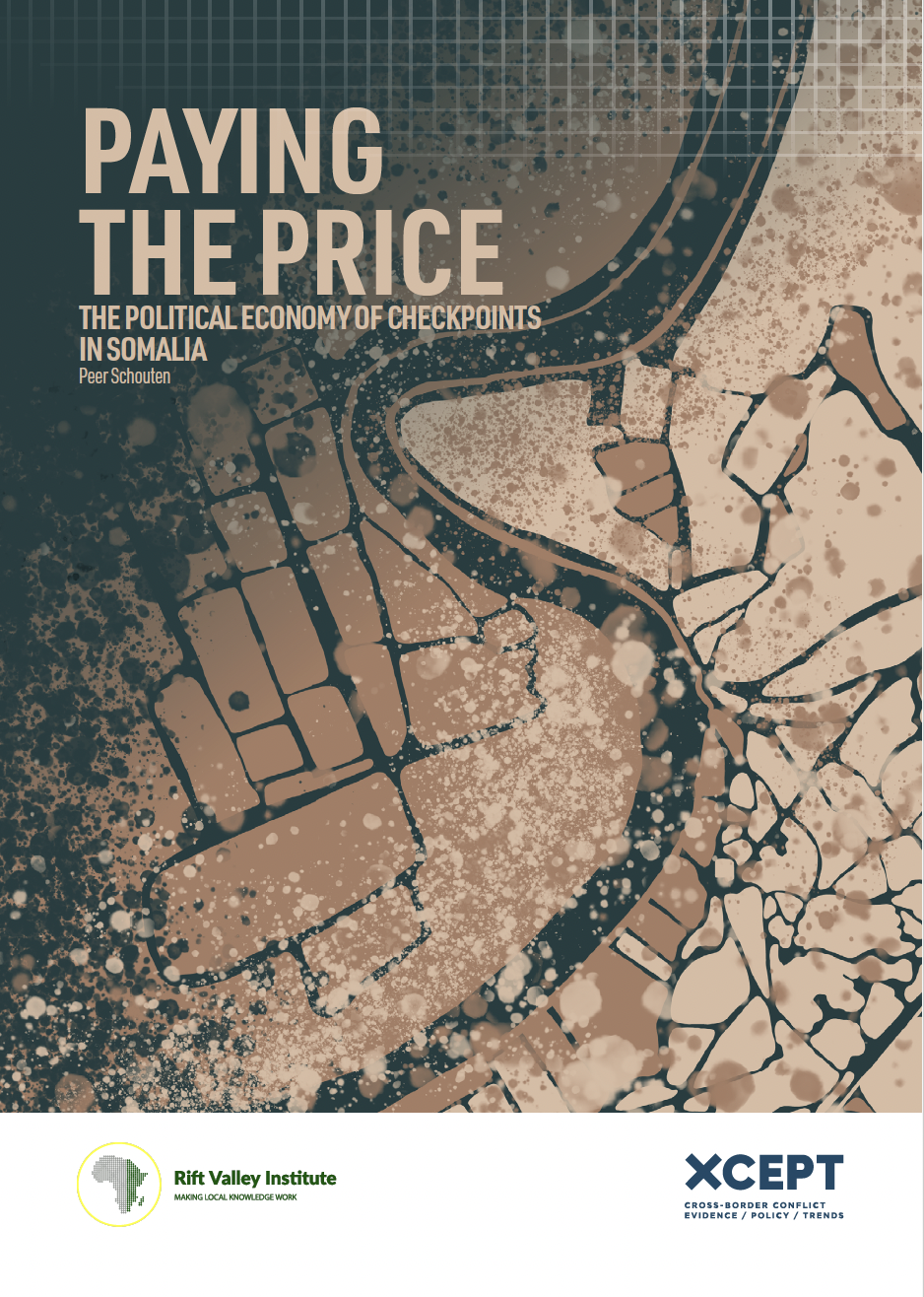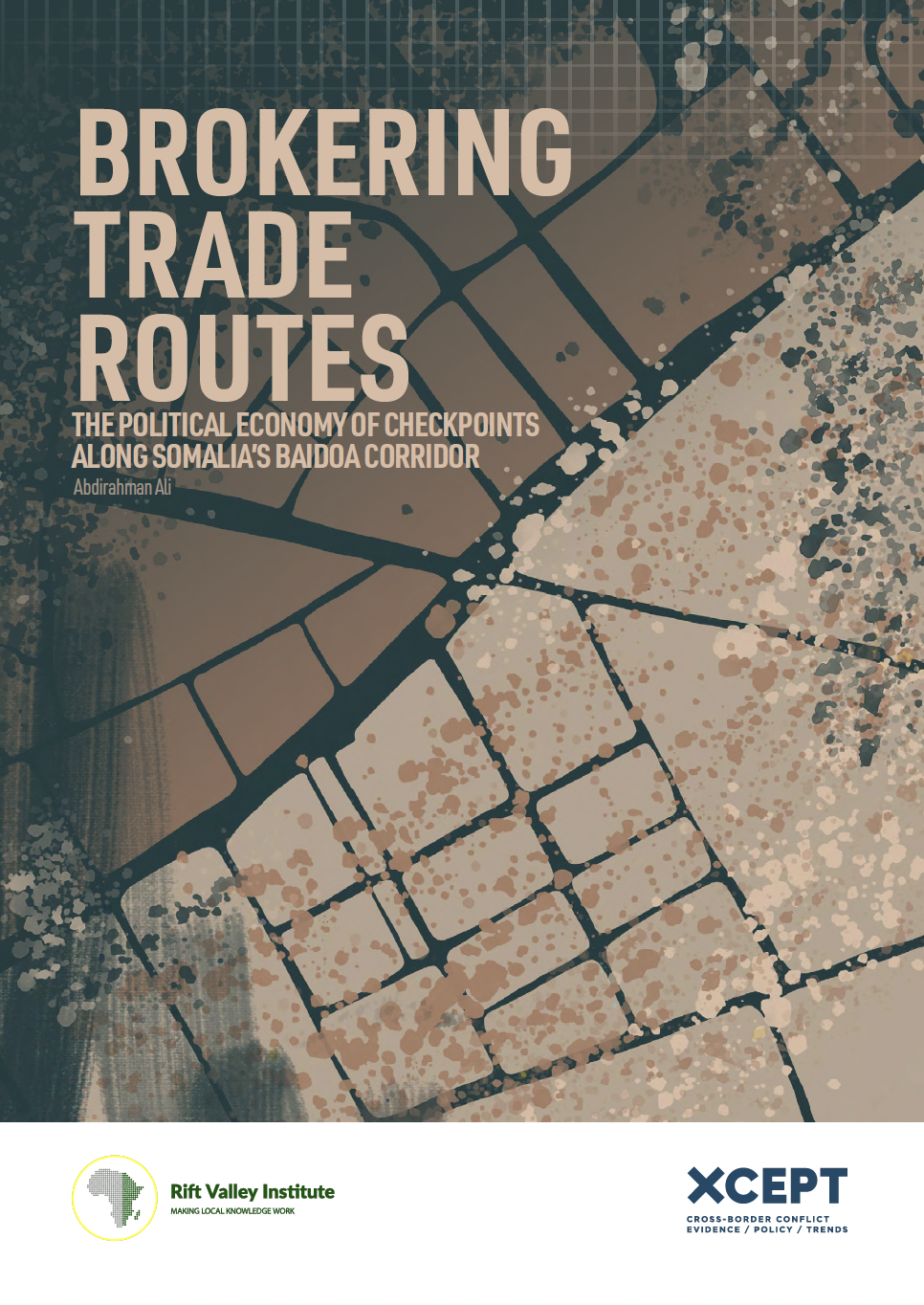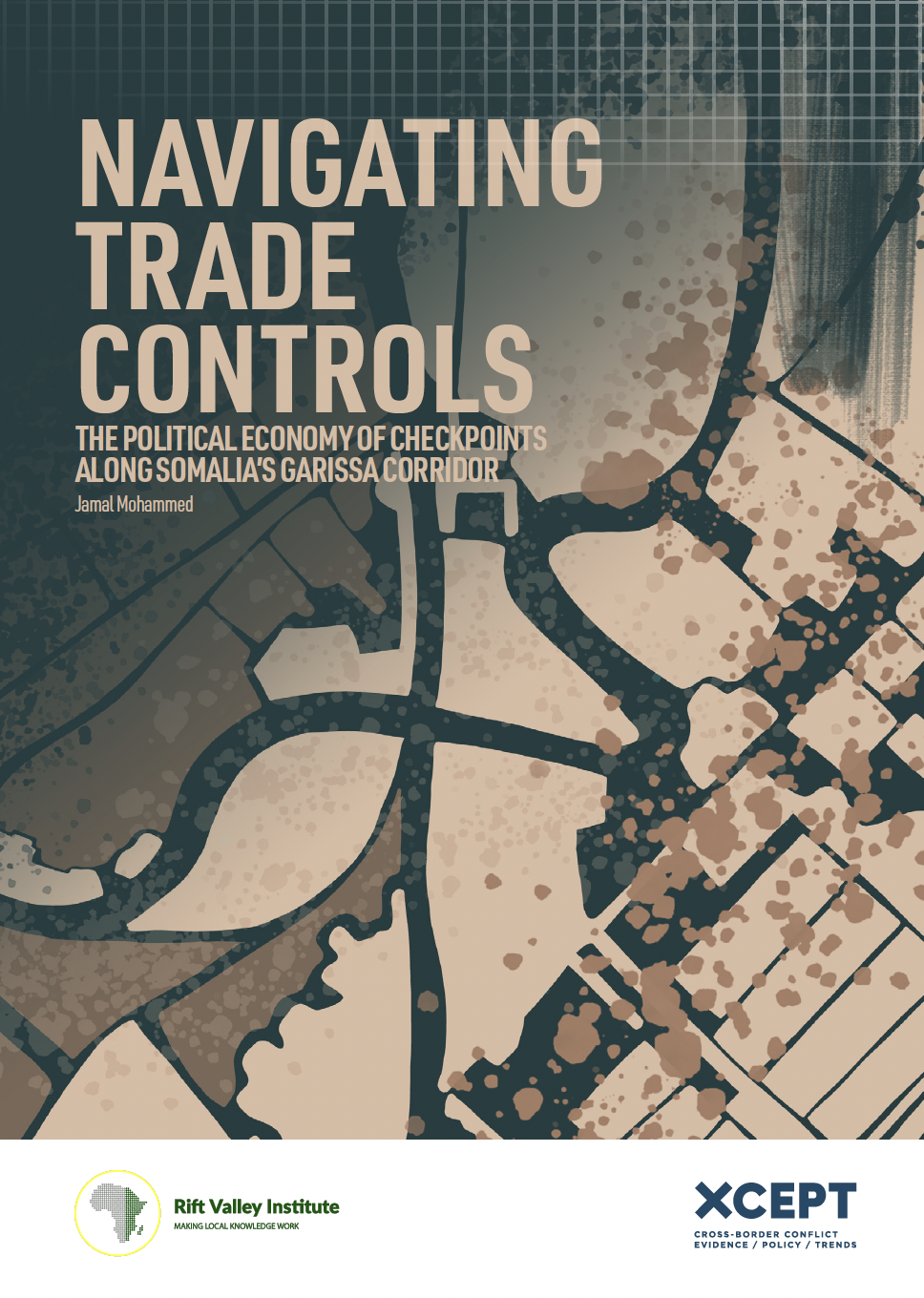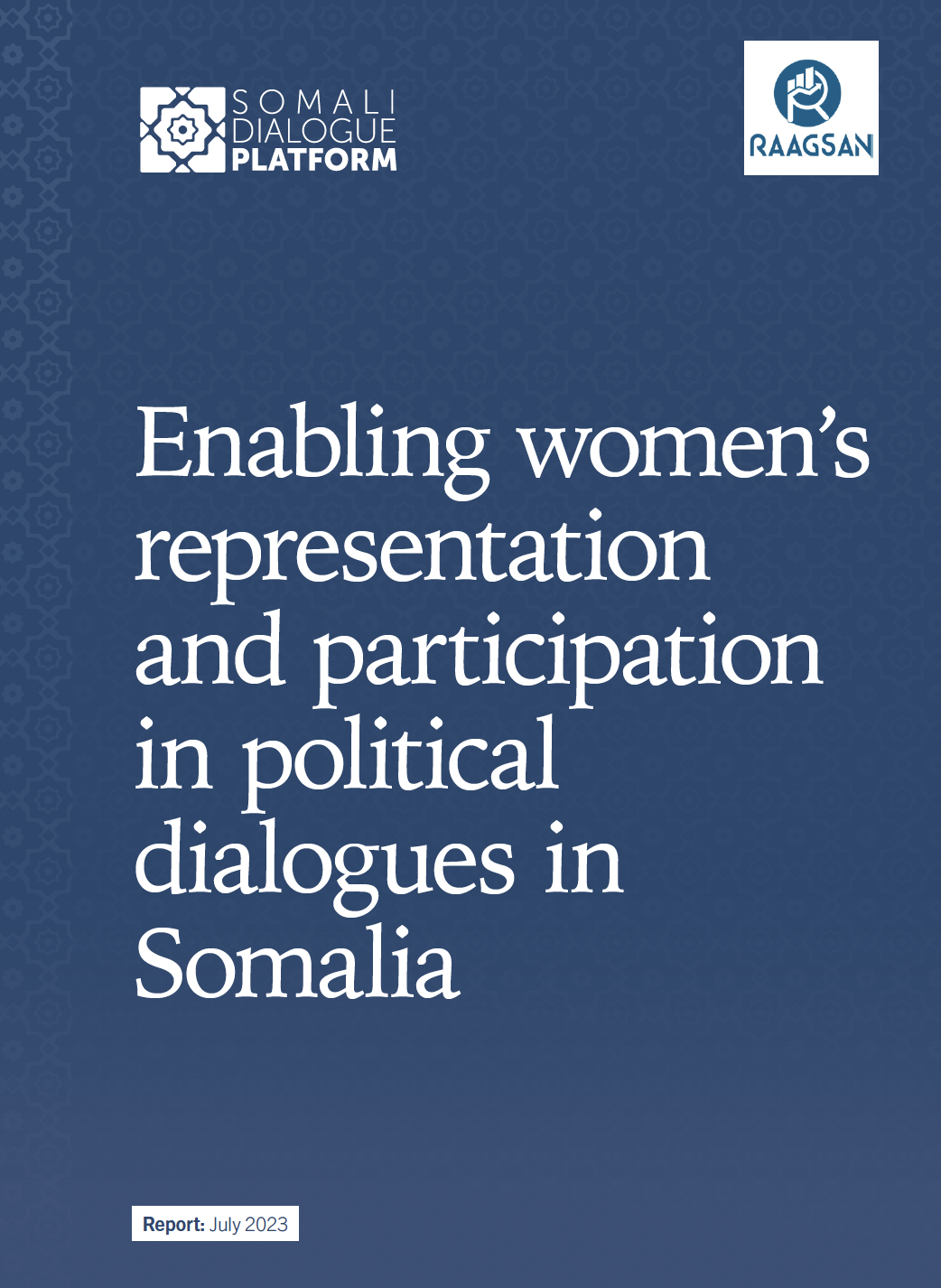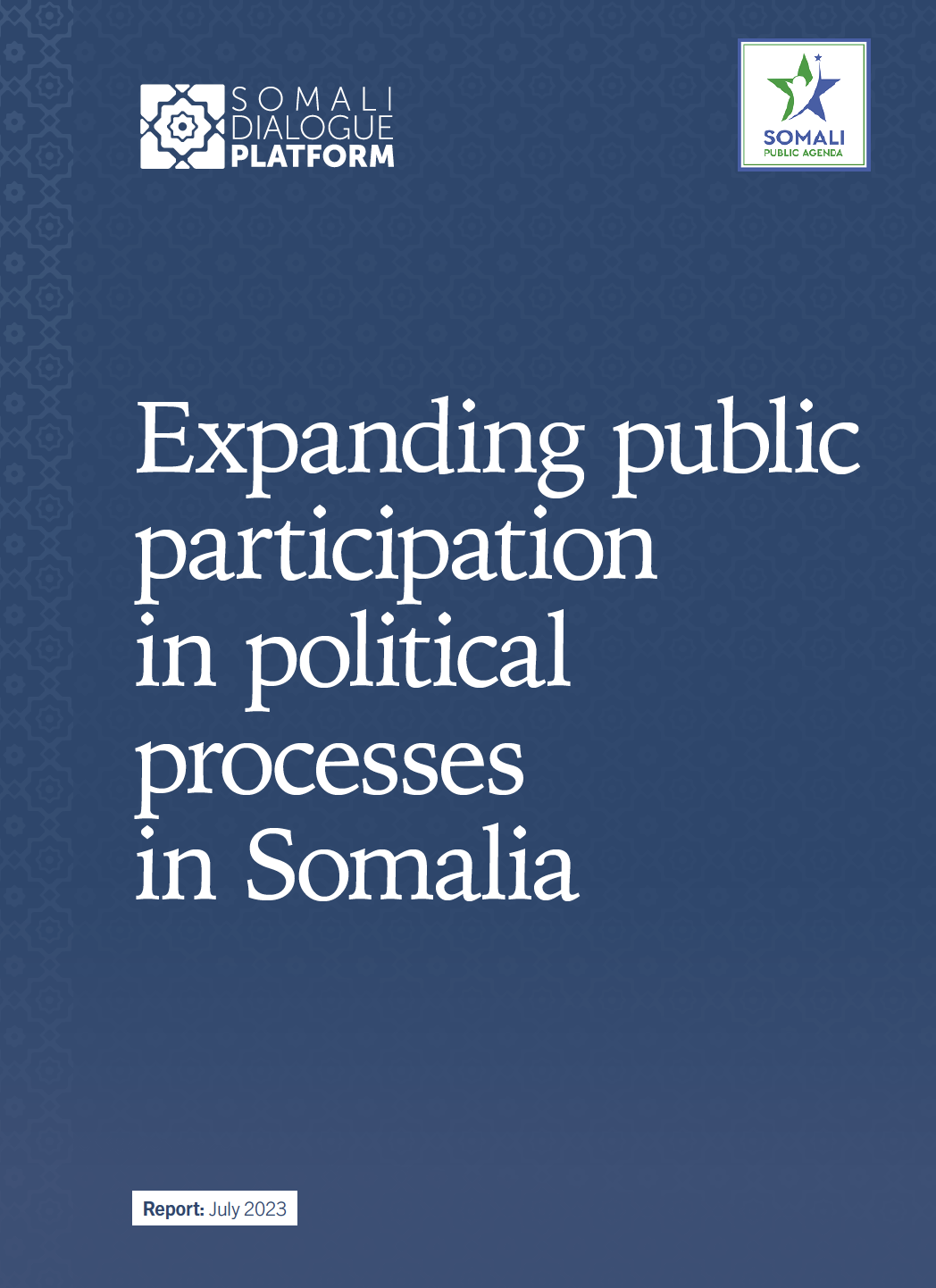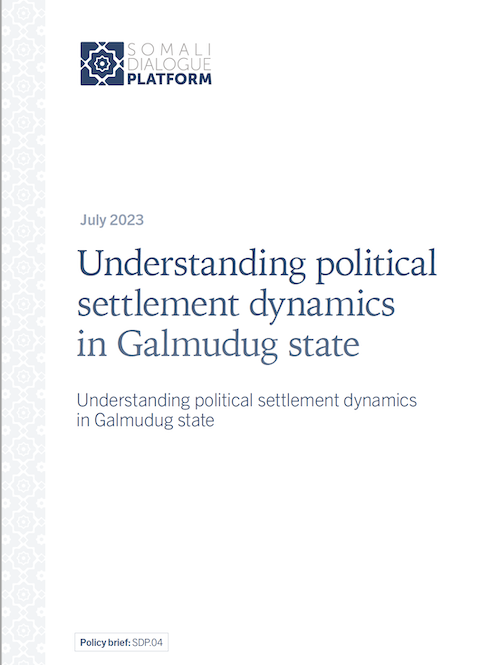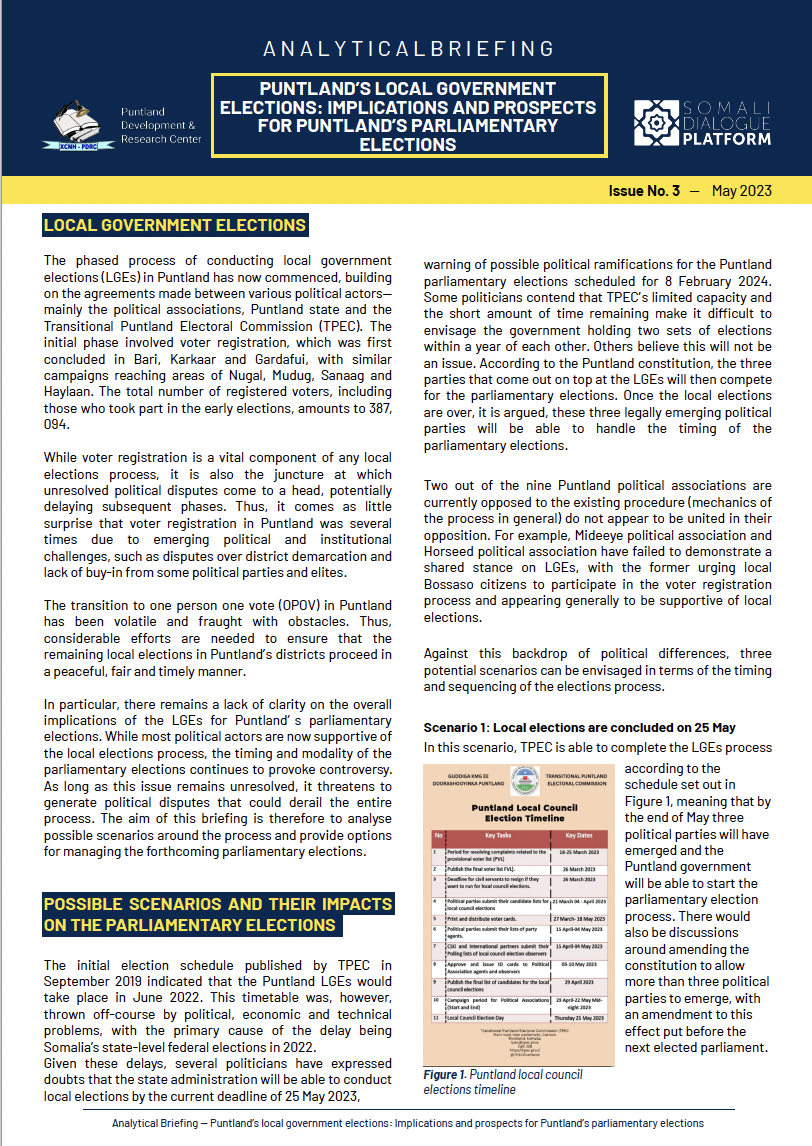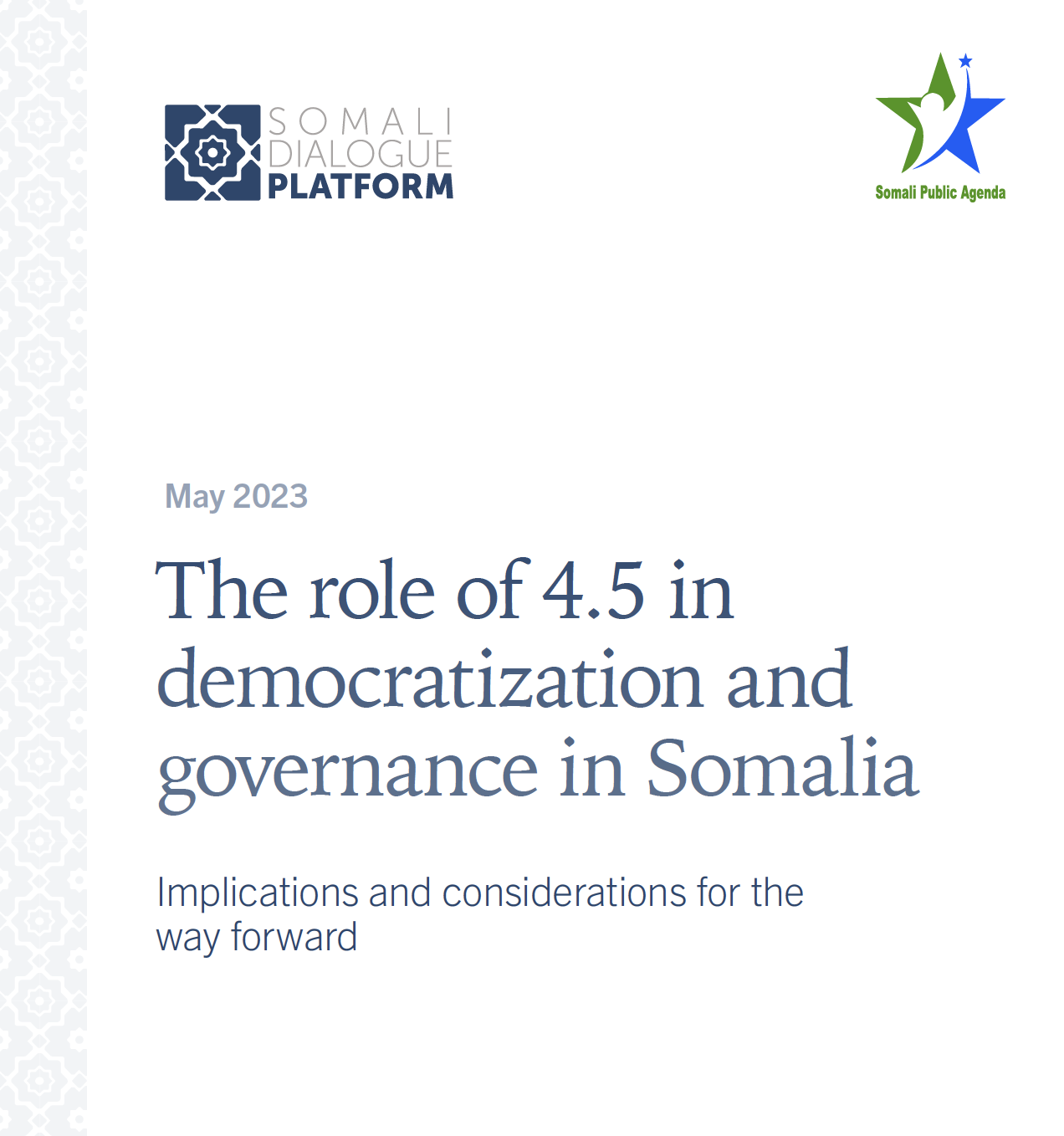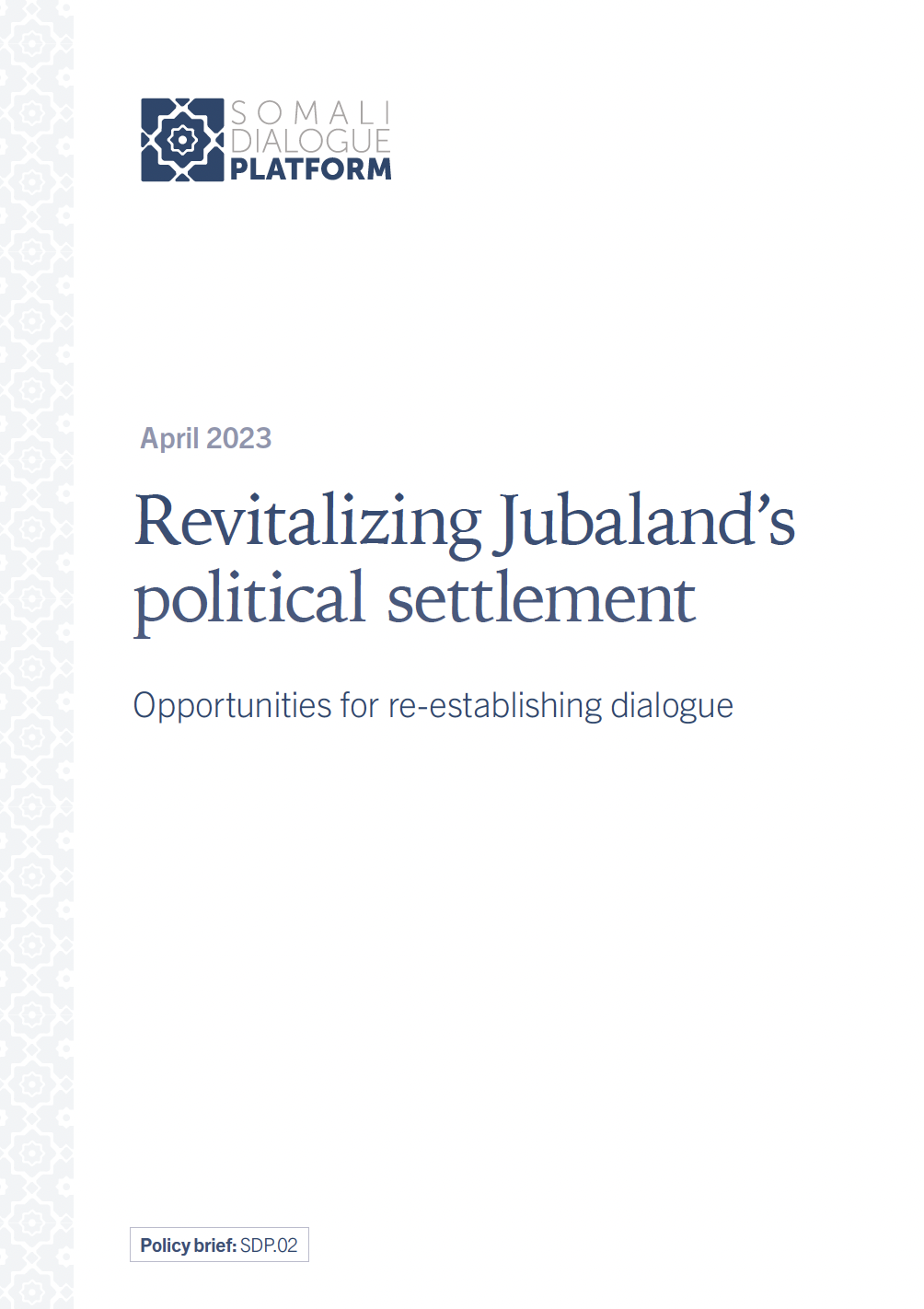SUMMARY This report explores the political economy of checkpoints in Somalia: What drives their formation? What impacts do they have on trade, society and political projects? To explore these factors, new empirical data is presented on the distribution and…
RVI publishes books, research reports, research papers, briefings and meeting reports in a range of formats. Publications cover policy, research, arts, culture and local knowledge in the countries of eastern and central Africa. Research publications—books, reports and papers—are peer-reviewed. Some RVI publications are also available in French and/or Arabic.
The RVI is a signatory of the Budapest Open Access Initiative (2001); all publications are free for download in PDF format under Creative Commons licences. The views expressed in books and reports published by the RVI are those of the authors, not the Institute.
SEARCH
PUBLICATION TYPE
LANGUAGE
REGION
COUNTRY
THE POLITICAL ECONOMY OF CHECKPOINTS ALONG THE BAIDOA CORRIDOR SUMMARY • The Baidoa corridor is a transport and trade route that connects Somalia’s coastal capital, Mogadishu, to Kenya via the border towns of Bula Hawa and Dollow, respectively. As…
THE POLITICAL ECONOMY OF CHECKPOINTS ALONG SOMALIA’S GARISSA CORRIDOR SUMMARY • The Garissa corridor is an essential artery for trade and exchange between Kismayo in Somalia’s Jubaland state, and the Kenyan city of Garissa. Checkpoints along this route were…
Introduction One of the most significant recent developments in the prolonged struggle against al-Shabaab in Somalia has been the success of military operations led by the Somali National Armed Forces and allied self-defence militias known as Ma’awisley. Ma’awisley—named after the…
SUMMARY Somalia grapples with unique cultural, societal, and structural hurdles that hinder women’s access to political processes. Despite introducing a non-legally binding quota, the most recent federal elections in 2022 saw a decline in women’s parliamentary representation. Beyond this,…
Summary In recent history, political processes in Somalia have been dominated by a narrow set of political and business elites, armed actors and external players. Following the collapse of the government in 1991, there were a series of conferences…
Introduction Galmudug state in Somalia was, until recently, seen as a region of conflict and fragmentation, shaped by the legacy of violence passed down from the Somali civil war. Due to the constant conflict between clan-based political groupings, it…
LOCAL GOVERNMENT ELECTIONS The phased process of conducting local government elections (LGEs) in Puntland has now commenced, building on the agreements made between various political actors— mainly the political associations, Puntland state and the Transitional Puntland Electoral Commission (TPEC)….
Overview Amid the major changes to Somalia’s political landscape seen over the past two decades, an abiding feature has been the reliance on clan-based power-sharing models, including the ‘4.5’ formula. Despite the Somali Provisional Constitution containing no reference to…
Overview Since the formation of Jubaland state in 2012, decades of conflict have given way to increased stability across parts of the region. Even so, insecurity, political violence and humanitarian crises have persisted amid recurrent tensions between Jubaland and…
Recent Publications

Minor Demarcations, Micro-Dams—Major Drama? Ethno-territorial expansionism and precarious peace in the Oromia–Somali borderlands of eastern Ethiopia
May 20, 2025
The report highlights the overlapping claims to and distributive struggles over territory and resources in the Oromia-Somali borderlands which animated inter-regional competition between the Oromia Regional State (ORS) and Somali Regional State (SRS), resulted in the brief 2023 uptick in

When Women Sing: How Murle women use arts and cultural mediums to communicate
May 16, 2025
This research explores how Murle women in the Greater Pibor area of central eastern South Sudan use not just songs but dance, hairstyles, body marks and beads to express themselves. Its objective is to draw attention to the ways Murle
Effectiveness of Women in Politics and Improving Gender Equality in South Sudan
May 2, 2025
This report argues that, in order to improve women’s participation in politics and promote gender-responsive policies in the country, there is a need to enlarge government capacity for women’s leadership by introducing equal gender quotas for decision-making positions. Summary Women’s

